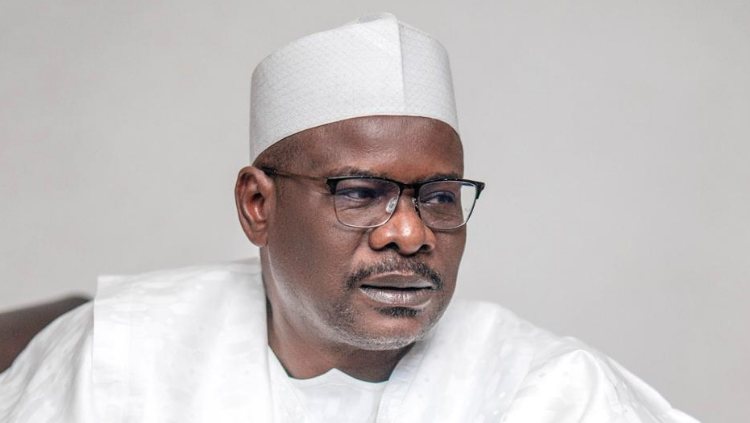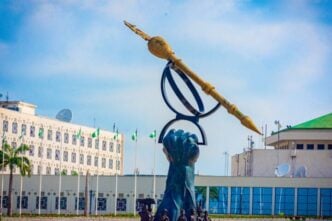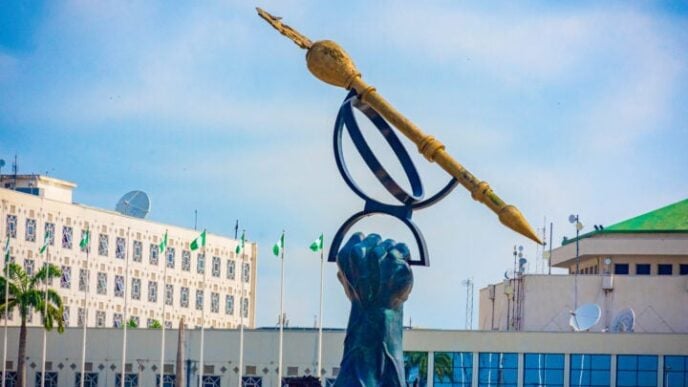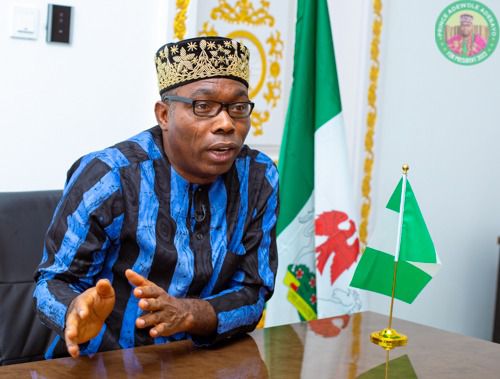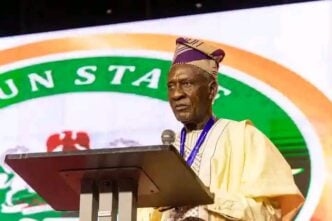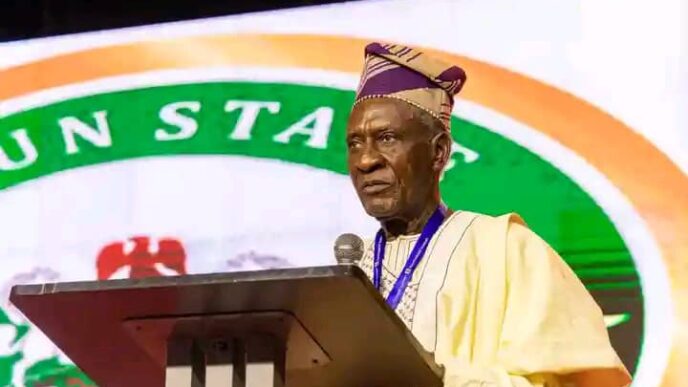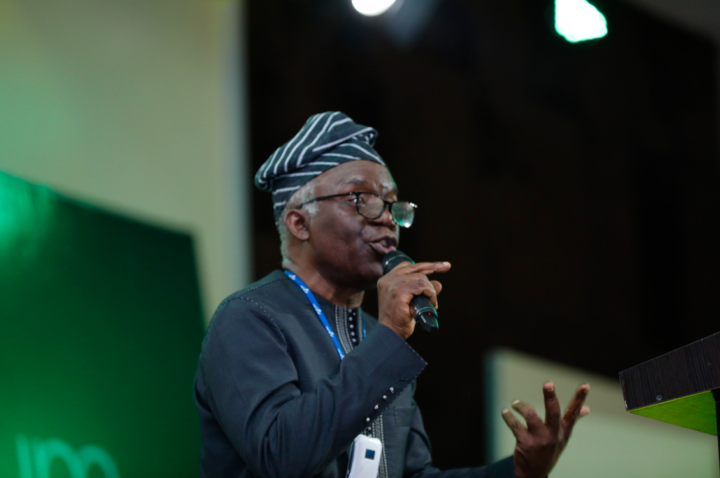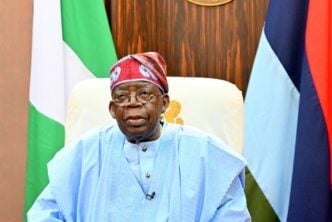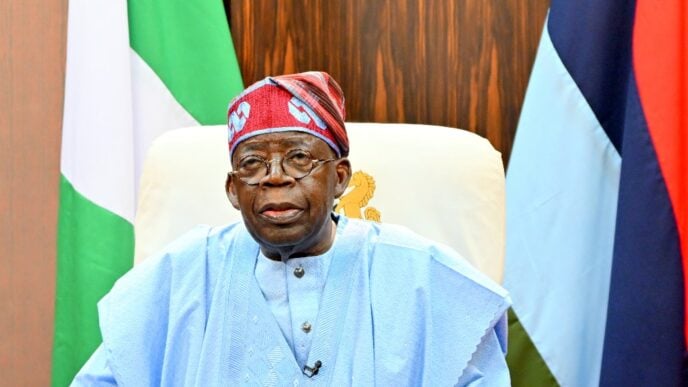Ali Ndume
Ali Ndume, former senate leader, has called on the new service chiefs to prioritise improved remuneration for members of the armed forces to enhance their motivation.
Ndume made the call in a statement on Thursday, following the decoration of the new service chiefs by President Bola Tinubu.
He said the move would boost the morale of troops in the fight against insurgency, banditry, and other threats to national security.
The senate had on Wednesday screened and confirmed Olufemi Oluyede as chief of defence staff; Waidi Shaibu as chief of army staff; Ibrahim Abbas as chief of naval staff; and Kelvin Aneke as chief of air staff.
Advertisement
Ndume, who represents Borno south and previously chaired the senate committee on army, said the motivation of personnel must be treated as a key component of military strength.
“I have identified four pillars that would make our military formidable at all times and keep security threats at abeyance,” he said.
“This is what I have tagged as TEAM. The first is training, second is equipment, ammunitions, and motivations — in that order.”
Advertisement
The lawmaker urged the federal government to make military funding a first-line charge in the national budget to ensure steady and adequate financing for defence operations.
“The annual budget of the armed forces and other security forces should be in the first-line charge and it shouldn’t be discretionary. They should be front-loaded,” he said.
Ndume said the salaries of Nigerian soldiers remain poor compared with those of their counterparts in neighbouring African countries.
“In Ghana, the entry-level pay for a private soldier is equivalent to about ₦180,000 per month; in South Africa, the basic pay for enlisted personnel starts at about ₦250,000 monthly,” he said.
Advertisement
“In Egypt, junior enlisted officers earn the equivalent of ₦230,000–₦280,000 monthly; and in Kenya, a private earns about ₦200,000, excluding operational allowances.
“In Nigeria, the average private soldier earns significantly less despite higher deployment frequency and operational demands.”
He said the current remuneration structure has been overtaken by inflation and rising living costs, warning that it could affect morale, recruitment, and operational effectiveness.
Advertisement
